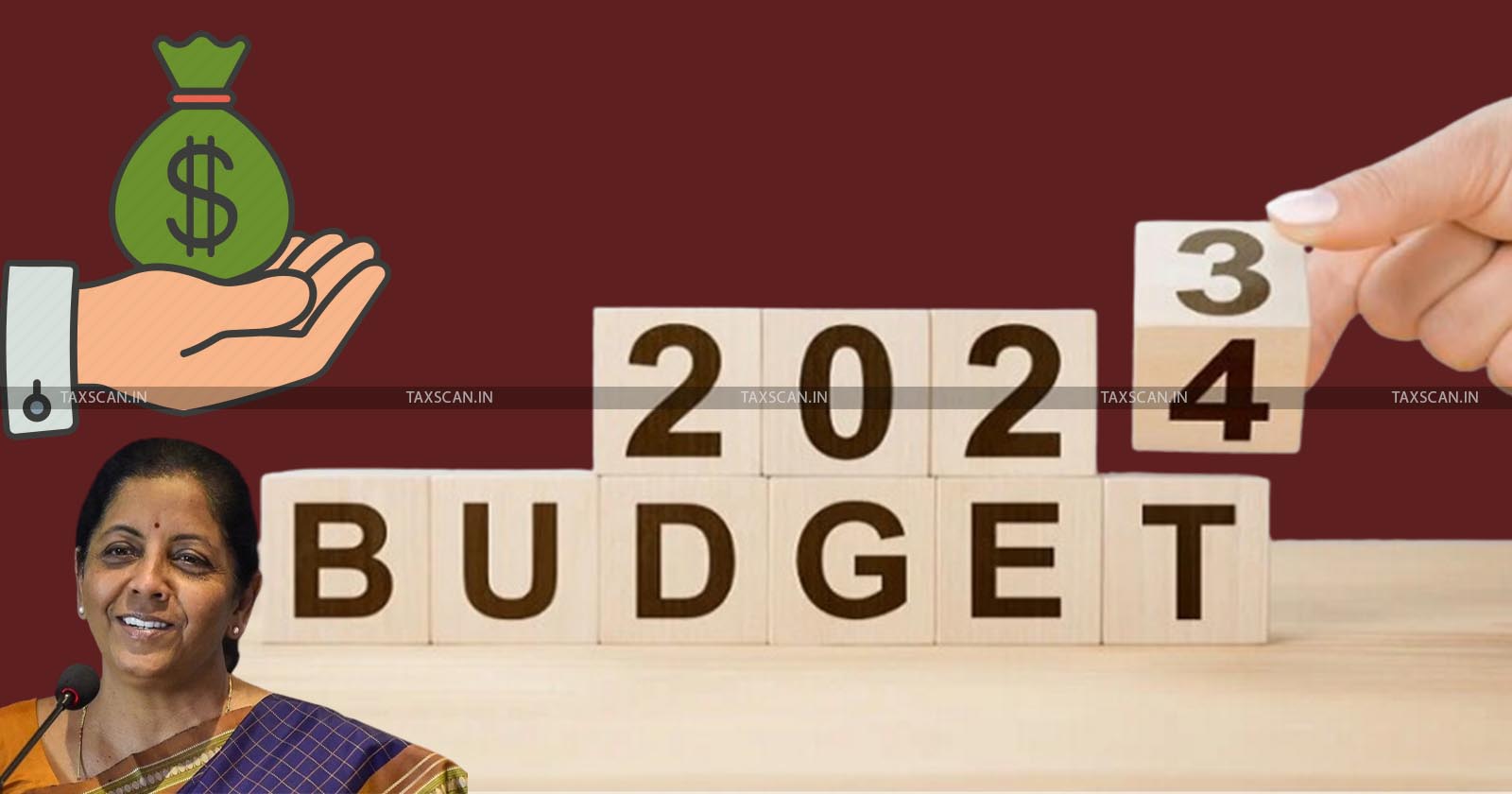Empowerment of startups through Technology: What to expect from Finance Minister Nirmala Sitharaman’s Budget 2024?

Empowerment of startups – startups – Technology – Finance Minister Nirmala Sitharaman – Finance Minister Nirmala Sitharaman’s Budget – taxscan
Empowerment of startups – startups – Technology – Finance Minister Nirmala Sitharaman – Finance Minister Nirmala Sitharaman’s Budget – taxscan
In recent years, India has witnessed a remarkable shift from job seeking to entrepreneurship, with a surge in startups reshaping the business landscape. The vibrant startup culture in the country has been fueled by creativity, innovation, and hard work, reflecting a nationwide optimism. According to data from the Startup India portal, India has emerged as the third-largest startup ecosystem globally, boasting over 1, 16,679 DPIIT-recognized ventures. This growth can be attributed to the various schemes and initiatives introduced since the inception of the Startup India Initiative in 2016.
The year 2023 presents a new set of challenges for India's startups. Startups have been pivotal in sectors ranging from fin tech and retail to enterprise applications, environment tech, and space tech. However, there is a notable decline in funding, with the total reaching a five-year low at $7 billion, a staggering 73% drop compared to the $25 billion recorded in the previous year. This decline is largely attributed to the turbulent global macroeconomic environment, exacerbated by ongoing geopolitical tensions.
India, once ranked fourth in 2022 and 2021 among the highest-funded geographies globally, has slipped to the fifth position in 2023. This shift underscores the need for a deeper examination of the challenges facing the startup ecosystem and potential strategies to revive growth.
Despite the overall funding decline, certain sectors have managed to secure substantial investment. Fin tech, retail, enterprise applications, environment tech, and space tech stand out as the top five funded sectors in 2023. These sectors continue to attract attention and resources, showcasing the resilience and potential for growth within specific niches.
The journey of India's startup ecosystem in 2023 reflects a complex interplay of global economic challenges, geopolitical tensions, and sector-specific dynamics. While certain sectors continue to thrive, the overall decline in funding poses a significant hurdle for the growth and sustainability of startups. As India navigates these challenges, stakeholders must explore innovative solutions to revitalize funding, foster innovation, and ensure the continued vibrancy of the nation's entrepreneurial spirit.
Pool of initiatives for startups in Budget 2023
The Indian government has implemented key initiatives to support startups, including the Fund of Funds for Startups (FFS), Startup India Seed Fund Scheme (SISFS), and Credit Guarantee Scheme for Startups (CGSS). The 2023 budget unveiled measures to bolster the startup ecosystem, such as tax concessions, custom duty exemptions for EV-related goods, and the Drone Shakti Program. Finance Minister Sitharaman extended income tax benefits and the carry-forward of losses from 7 to 10 years for eligible startups.
Furthermore, the government emphasized agriculture-based startups by introducing the Agriculture Accelerator Fund, aiming to provide affordable solutions for farmers. Digitalization efforts targeted 63 agricultural credit societies, fostering cooperative models for small and marginal farmers. Plans to establish artificial intelligence centers in major universities for 'Make AI for India' and 'Make AI work for India' were announced, alongside a commitment to a National Data Governance Policy. A revised credit guarantee scheme, effective April 1, 2023, infused ₹9000 crore, enabling MSMEs to access an additional ₹2 lakh crore in collateral credit.
Startups' Expectations from Budget 2024:
As Finance Minister Nirmala Sitharaman prepares to present the Union Budget 2024, the Indian startup community eagerly anticipates further directions that could boost the ecosystem. Key expectations include:
(1) Addressing tax policies related to carry-forward losses and employee stock options.
(2) Consideration of dedicated startup funds for emerging industries like electric vehicles and renewable energy.
(3) Incentives for research and development (R&D) initiatives in the tech industry.
(4) Support for tech-driven solutions, cyber security, and measures to bridge the digital divide.
(5) Policies promoting ease of doing business, access to funding, and innovation through R&D incentives.
(6) Anticipation of initiatives that address unique challenges posed by the digital era.
Industry Perspectives:
- Pradeep Misra, CMD of Rudrabhishek Enterprises Limited, highlights the importance of infrastructure expansion as a vital catalyst for India's growth between 2024 and 2030.
- Kiran Rudrappa, CEO & Co-Founder of Posspole, emphasizes the pivotal role of incentives for R&D, tech-driven solutions, and measures to bridge the digital divide for startups navigating the evolving business landscape.
- Arjun Naik, Founder of Scandron India Pvt Ltd, a key player in the drone manufacturing industry, stresses the need for targeted incentives for R&D, tax breaks on technology imports, and streamlined regulations to foster innovation within the drone ecosystem.
The government's continued commitment to fostering the startup ecosystem through initiatives and the anticipation of favorable policies in Budget 2024 reflect the dynamic nature of India's evolving business landscape. The collaboration between the government and startups is poised to drive economic growth, innovation, and global competitiveness, with a keen focus on emerging industries and technological advancements. The upcoming budget presents a crucial opportunity to solidify India's position in the global startup arena.
Support our journalism by subscribing to Taxscan premium. Follow us on Telegram for quick updates


